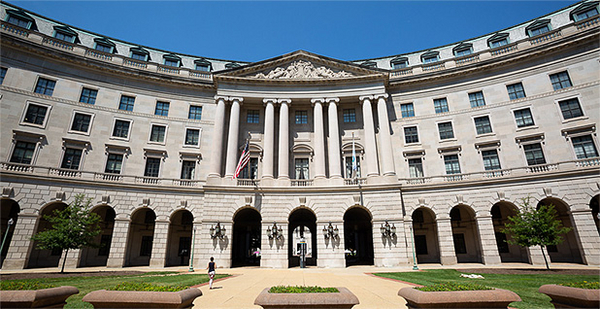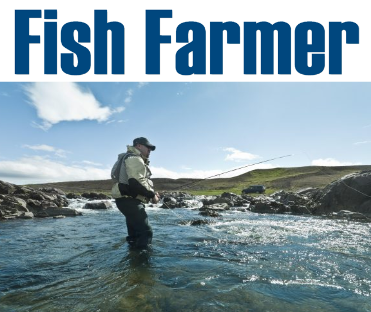Salmon Numbers in Freefall
The alarming decline of salmon populations, specifically sockeye salmon, has reached a staggering 70% in recent decades. This crisis is not merely a result of natural environmental changes but rather a consequence of unchecked corporate interests and inadequate regulatory frameworks. According to the U.S. Geological Survey, factors such as industrial logging and water pollution have severely disrupted the ecosystems that support these vital fish populations.
Corporate Influence on Regulations
The intersection of corporate greed and governmental neglect has created a perfect storm for salmon stocks. Aquaculture, particularly salmon farming, often prioritizes profit over ecological health. As reported by research findings, the conditions of fish farming have led to significant declines in body size and overall health of wild salmon, compounding the risks they face in their natural habitats.

EPA considers scrapping buildings amid low worker turnout ...
Climate Change Compounds the Crisis
Climate change continues to exacerbate the already dire situation for salmon populations. Changes in water temperature and flow patterns disrupt spawning cycles and impact the food supply. A study from Nature highlights how rising temperatures during critical growth periods lead to reduced growth rates for sockeye salmon. The implications are clear: warmer summers are linked to diminished salmon health and viability.
Impact on Indigenous Communities
The ramifications of declining salmon populations extend beyond ecological concerns; they directly affect Indigenous communities that rely on salmon for their cultural, nutritional, and economic well-being. Many tribes consider salmon sacred, and their declining numbers threaten not only food security but also cultural heritage. As reported by demographic assessments, the sockeye salmon is not currently at risk of extinction, but continued exploitation and environmental degradation could quickly change that status.

FIS - Worldnews in Brief - Other Media | FishFarmer ...
Call for Stronger Regulations
Advocacy for stronger environmental regulations is critical in reversing the decline of salmon populations. The reliance on outdated policies that favor industrial growth over ecological sustainability must end. Progressive policymakers and environmental advocates are pushing for comprehensive reforms that prioritize the restoration of natural habitats, stricter pollution controls, and the regulation of aquaculture practices. The fight for salmon is not just an environmental issue; it is a social justice issue that demands immediate action.



![[Video] Mount Etna erupts in Sicily, lava reaches 400 meters, yellow alert issued](/_next/image?url=%2Fapi%2Fimage%2Fthumbnails%2Fthumbnail-1766917884234-2sqn18-thumbnail.jpg&w=3840&q=75)
![[Video] Hawaii's Kilauea volcano erupts, fountains reach 70 ft, USGS reports](/_next/image?url=%2Fapi%2Fimage%2Fthumbnails%2Fthumbnail-1766574042820-tucull-thumbnail.jpg&w=3840&q=75)


![[Video] Gunfire between Iraqi security forces and Sadr militias in Baghdad](/_next/image?url=%2Fapi%2Fimage%2Fthumbnails%2Fthumbnail-1768343508874-4redb-thumbnail.jpg&w=3840&q=75)
